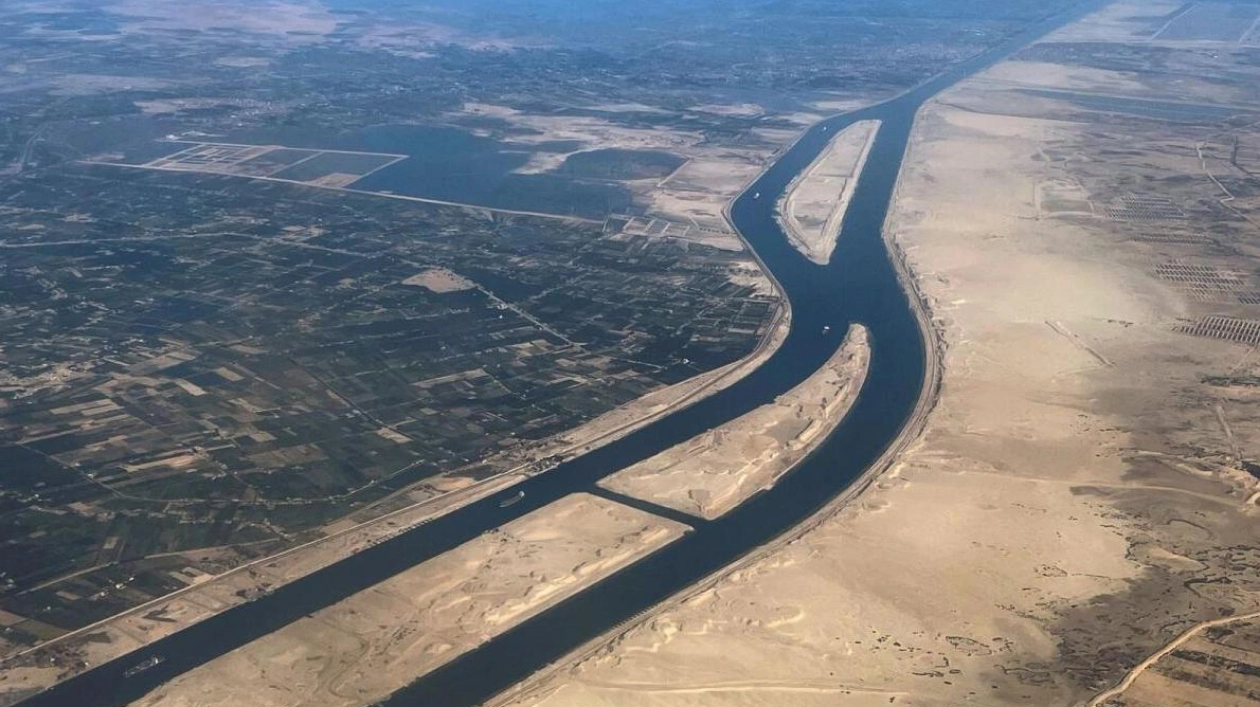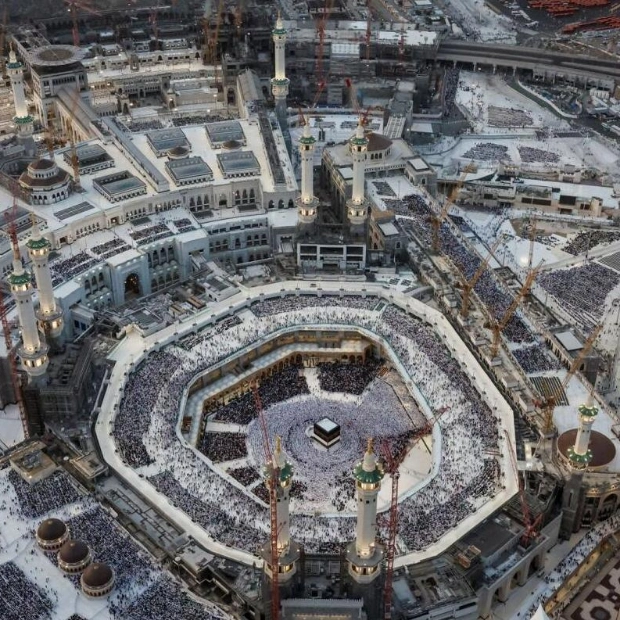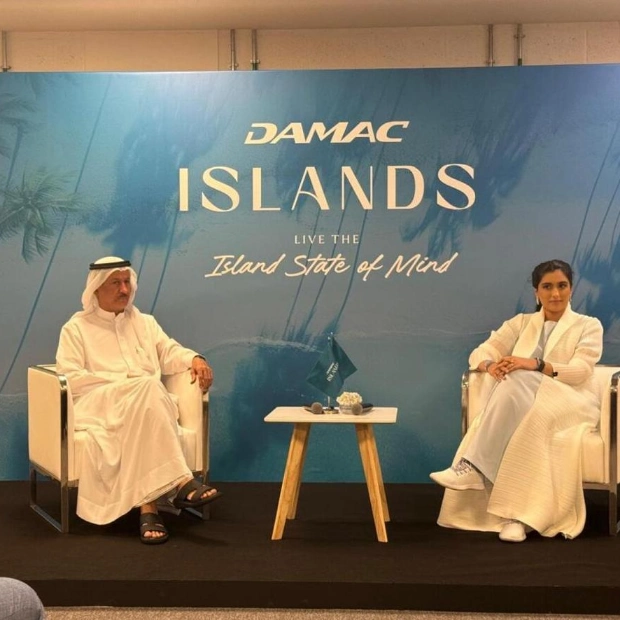The UAE is collaborating with both public and private sector partners to safeguard the supply chain against potential disruptions, particularly in the Red Sea, according to a senior official who spoke on Tuesday.
"The UAE has implemented numerous initiatives, policies, and regulations to ensure food security and other aspects of the supply chain. We are developing policies to guarantee the supply chain's security. We are coordinating with strategic partners in both government and private sectors, especially in light of recent events in the Red Sea. We are exploring new routes between the UAE and other countries to ensure the supply chain remains unaffected. The UAE's strength lies in its secured supply chain," stated Hanan AlKhozaimi, Director of Competitiveness and Quality Marine at the Ministry of Energy and Infrastructure, UAE.
Recently, global trade has faced setbacks due to disruptions at two crucial shipping routes. Attacks on vessels in the Red Sea region have reduced traffic through the Suez Canal, the shortest maritime route between Asia and Europe, which typically handles about 15% of global maritime trade volume. Companies have rerouted their ships, increasing average delivery times by 10 days or more. Additionally, a severe drought at the Panama Canal has led to restrictions that have significantly reduced daily ship crossings since last October, slowing maritime trade through another key choke point that usually accounts for about 5% of global maritime trade.
Hanan AlKhozaimi made these remarks during a panel discussion at the 10th edition of the World Congress hosted by the World Free Zones Organisation. Many senior officials from the public and private sectors attended and addressed the three-day conference.
She further added that the UAE’s Ministry of Energy and Infrastructure is working with public and private sector partners to achieve a net zero goal by 2050. "In the UAE, we are promoting the transition of marine, land, and air sectors to clean energy through hydrogen and other alternative fuels. We must find solutions to reduce carbon emissions worldwide, which are detrimental to the planet. We are establishing strategies for net zero and developing a framework for transitioning to new generations of fuels, particularly hydrogen," she concluded.






